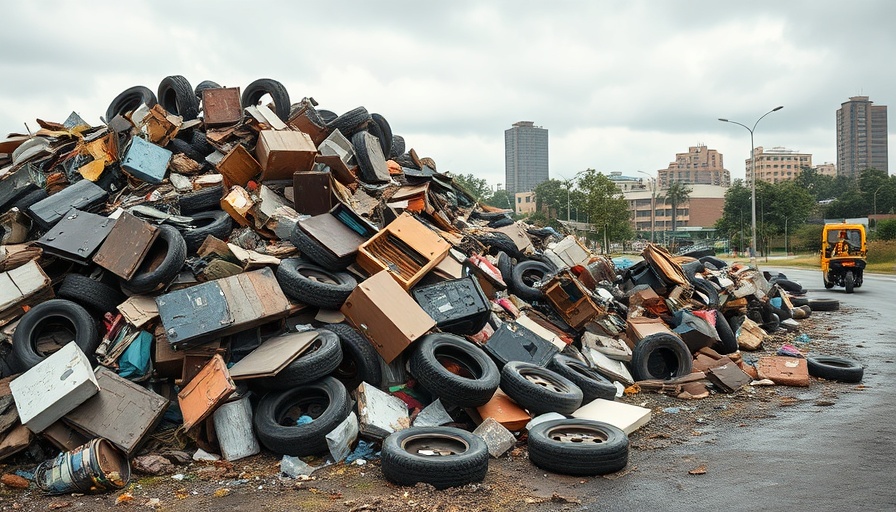
The Teacher Shortage Crisis in Philadelphia
As the new school year approaches, there's a pressing issue looming over the School District of Philadelphia—an alarming shortage of certified teachers. With more vacancies than ever, educators like Mark Macyk are feeling the strain. In his fifth year teaching middle school English, Macyk recalls how nine different teachers have occupied one classroom during that time. This high turnover creates a significant learning disruption for students who desperately need stability in their education.
The Impact on Students and Learning
Macyk emphasizes the ripple effects of teacher vacancies on students. “When you have this kind of disruption, you don’t learn anything,” he states. Many of his students risk falling behind, creating a cycle where classroom gaps are filled by unprepared or emergency-permitted teachers. This not only affects the academic progress but also influences the overall morale of both students and staff.
A Closer Look at Emergency Permits
According to research by Ed Fuller, a key contributor to the ongoing discourse about teacher shortages in Pennsylvania, emergency permits are being issued at alarming rates. These permits allow individuals to teach despite lacking full certification, which is becoming increasingly common in districts like Philadelphia. Fullers' findings reveal that during the 2021-22 school year, emergency permits outnumbered newly certified teachers, reflecting a broader trend troubling not just educators but families relying on quality education.
Why the Shortage is More Pronounced in Philadelphia
Philadelphia County represents about 10% of the teachers in Pennsylvania yet accounts for nearly 47% of teacher vacancies, according to recent data. This stark disparity highlights systemic challenges faced by urban districts. Experts point to the rapid decline in new teacher certifications—down two-thirds in a decade—as a contributing factor. Organizations like Teach Plus Pennsylvania note that a growing reliance on emergency-permitted teachers points to deeper issues within the education system.
Addressing the Teacher Shortage
Efforts to resolve the teacher shortage must take a comprehensive approach. Providing adequate support for emergency teachers and enhancing recruitment strategies for certified educators are critical steps. These solutions must be coupled with community engagement and investment to promote teaching as a viable and respected career choice. Failure to act could lead to a generation of students lacking the educational foundation they deserve, perpetuating poverty and inequity.
How You Can Make a Difference
For the affluent residents of Philadelphia, addressing this teacher shortage can begin at home. Consider engaging with local schools through mentorship programs, supporting teacher initiatives, or advocating for educational funding. By investing time and resources, you can help cultivate a stronger learning environment for future generations.
It's essential to remain woven into the fabric of your community and recognize the role each individual can play in crafting a brighter future. As we gear up for another school year, let's commit to bridging the gaps for our teachers and students alike.
 Add Row
Add Row  Add
Add 




Write A Comment